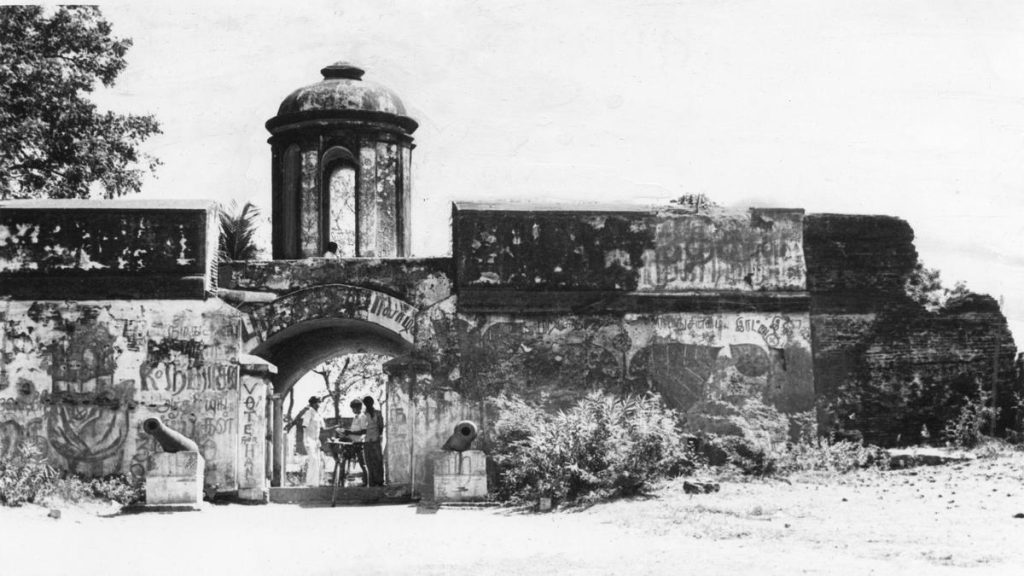Now Reading: Karnataka Secures Ninth Spot in Nationwide Groundwater Depletion Rankings
-
01
Karnataka Secures Ninth Spot in Nationwide Groundwater Depletion Rankings
Karnataka Secures Ninth Spot in Nationwide Groundwater Depletion Rankings

Quick Summary
- Karnataka ranks ninth in India for groundwater depletion, according to Minor Irrigation Minister N.S. Boseraju.
- The Karnataka Legislative council passed the Karnataka Groundwater (Regulation and Control of Advancement and Management) (Amendment) Bill,2025 to address falling groundwater levels.
- Key provisions of the Bill:
– Mandatory No Objection Certificate (NOC) required for drilling borewells in notified areas.
– Charges levied on large-scale groundwater extraction.
– Exemptions from obtaining nocs for domestic use borewells, rural drinking water projects, defense establishments, and other central institutions dedicated to drinking water purposes.
– Industries,mining sites,infrastructure projects,housing societies require adherence to daily extraction limits despite being exempted from NOCs.
- The Bill follows similar legislation implemented by 15 other states as per Central government directives.
- The State government plans a year-long awareness campaign under the theme ‘Water is Future’ focusing on groundwater recharge with ₹5 crore allocated for this initiative. Volunteers will serve as brand ambassadors across urban and rural areas.
- Legislators urged mandatory rainwater harvesting measures alongside improvements in piped water supply systems.
Indian Opinion Analysis
The passage of the Karnataka Groundwater Amendment Bill represents a significant step by the State toward mitigating declining groundwater levels-an issue exacerbated by unchecked urbanization and industrial activities. By imposing stricter regulations through mandatory permits and extraction fees while exempting smaller domestic uses or community-based drinking water schemes from onerous compliance requirements, the legislation seems targeted at balancing public needs with lasting resource management.
Though, its effectiveness will likely hinge on robust implementation mechanisms and cooperation across departments. Suggestions such as enforcing rainwater harvesting practices are pivotal but require detailed execution plans that incentivize compliance among residential sectors and also industries relying heavily on borewell resources. Additionally, embedding community participation through initiatives like ‘Water is Future’ adds value by fostering broader behavioral change across demographics.
In addressing concerns raised during discussions regarding alternatives like improved piped supply infrastructure or stronger recharge efforts via afforestation or artificial lakes/water reservoirs-the success depends not just upon lawmaking but ensuring synchrony between planning bodies while monitoring outcomes at local levels directly impacting day-to-day usage dynamics within municipalities down into villages effectively bridging disparities aimed sustainably addressing emergency contexts longer goals needed benefitting full state population equitably impacts life span achieves mandates prolonged reliance pathways holistic systematic rational mitigatory program strategic actionable operation environmental-national consistent execution–
























